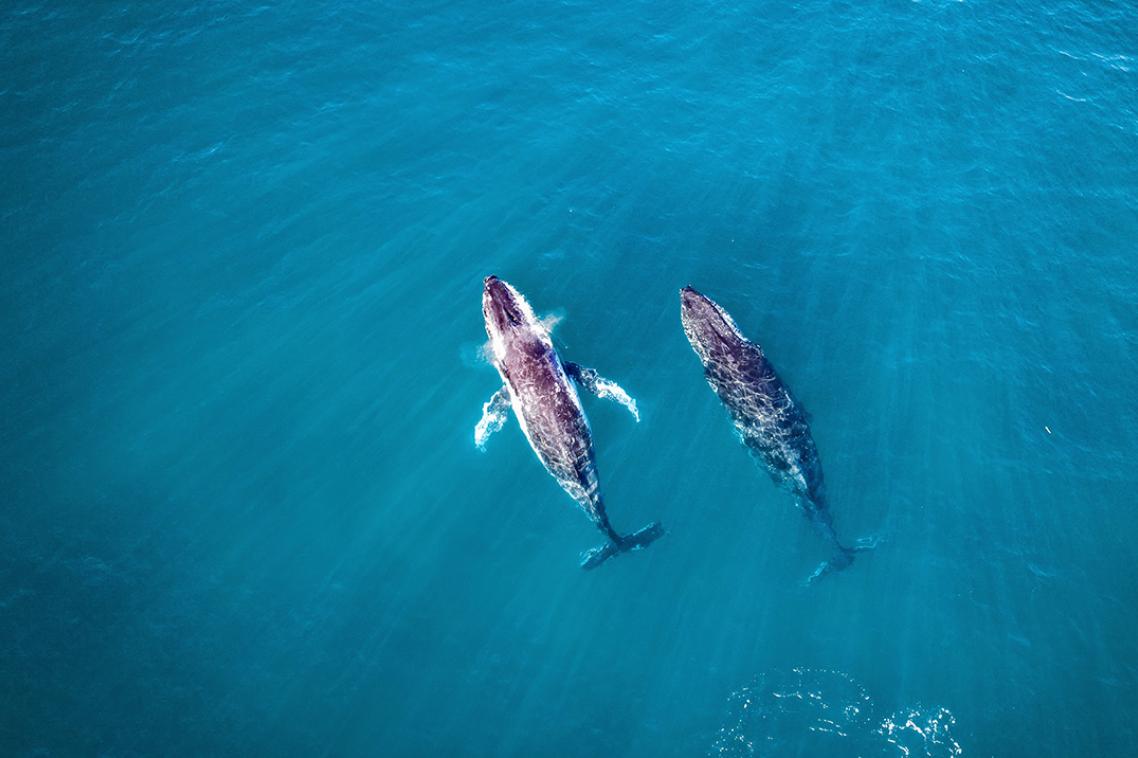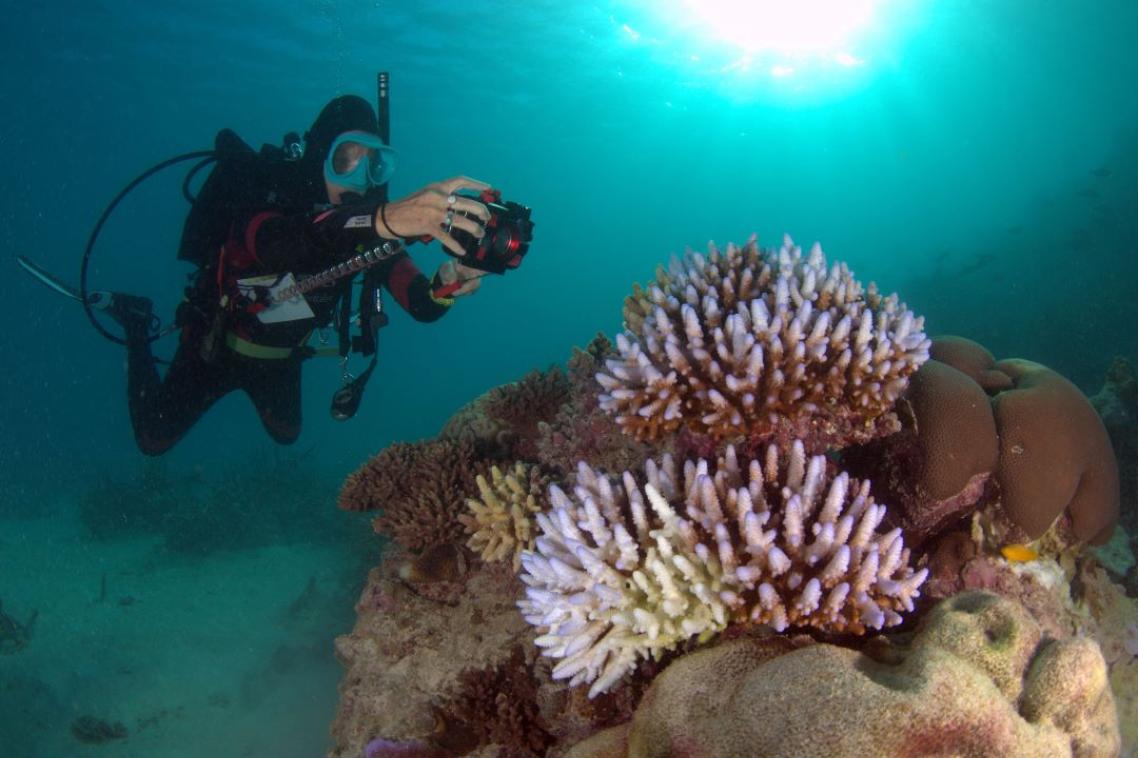Environment the winner with $2.4m Laureate award to UQ 'stellar' scientist
A University of Queensland scientist’s quest to chart the best approach to environmental conservation has received a major boost through a $2.4m Australian Research Council (ARC) Laureate Fellowship award announced yesterday.
Professor Hugh Possingham said the five-year Laureate Fellowship would allow a sharper focus on debates around habitat protection and restoration, with research combining ecology, economics and mathematics.
“We need to know if habitat restoration could ever be a better investment than habitat protection for biodiversity and ecosystem service conservation,” Professor Possingham said.
“Australia's multi-billion dollar national investment programs in nature conservation vacillate between the grand paradigms of prevention and cure,” he said.
“This Laureate Fellowship will support work to resolve this contest by developing the first rigorous framework for deciding if protecting habitat is better than restoring it.”
Professor Possingham is Director of the ARC Centre of Excellence for Environmental Decisions (CEED) and the National Environmental Research hub for Environmental Decisions, two global leaders in the field.
He said a series of case studies in the Laureate Fellowship would focus on the important conservation outcomes of securing species and delivering ecosystem services to society, and the fellowship program would provide advice to policy makers and managers at regional, national and international levels.
“The combination of ecology and maths will be used to construct a new theory that tests the ‘prevention is better than cure’ paradigm,” he said.
University of Queensland Deputy Vice-Chancellor (Research) Professor Max Lu said Professor Possingham was the driving force behind a new research field of decision science for conservation.
“This science combines mathematical and statistical tools with ecology and economics to pose and solve some of the world’s biggest biodiversity conservation problems,” Professor Lu said.
“Professor Possingham is a truly a stellar talent and a committed mentor, and is tireless in communicating his science to society.
“The impact of his work is far-reaching.
“His Marxan conservation planning software drove the rezoning of the Great Barrier Reef and is used in more than 100 countries and by the world’s largest conservation NGO, The Nature Conservancy.”
“This Fellowship has extended the global influence of his work and the legacy that it will impart. That legacy involves a change of course for conservation science that has influenced governments and agencies to take a more rational approach to conservation decisions all over the world,” Professor Lu said.
Media: University of Queensland Corporate Relations Manager Carolyn Varley, +617 3365 1120, 0413 601 248, c.varley@uq.edu.au.
Related articles

Decades of surveys show whale migration shift

Thousands of Queensland reef photos lead to worldwide change
Media contact
UQ Communications
communications@uq.edu.au
+61 429 056 139
